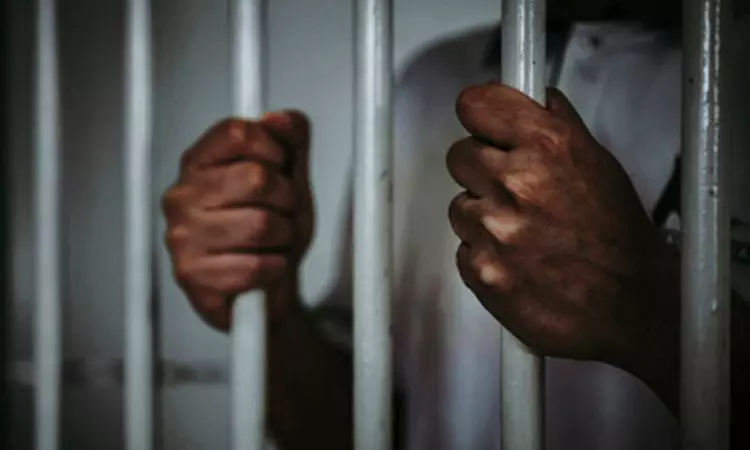The Madras High Court recently observed that the prisoners were not slaves and could not be treated in inhuman ways to punish them for their crimes. The court added that torturing inmates would only propagate crimes and not mitigate them. The bench of Justice SM Subramaniam and Justice V Sivagnanam made the observations in a plea by a prisoner's mother alleging that he was being...

